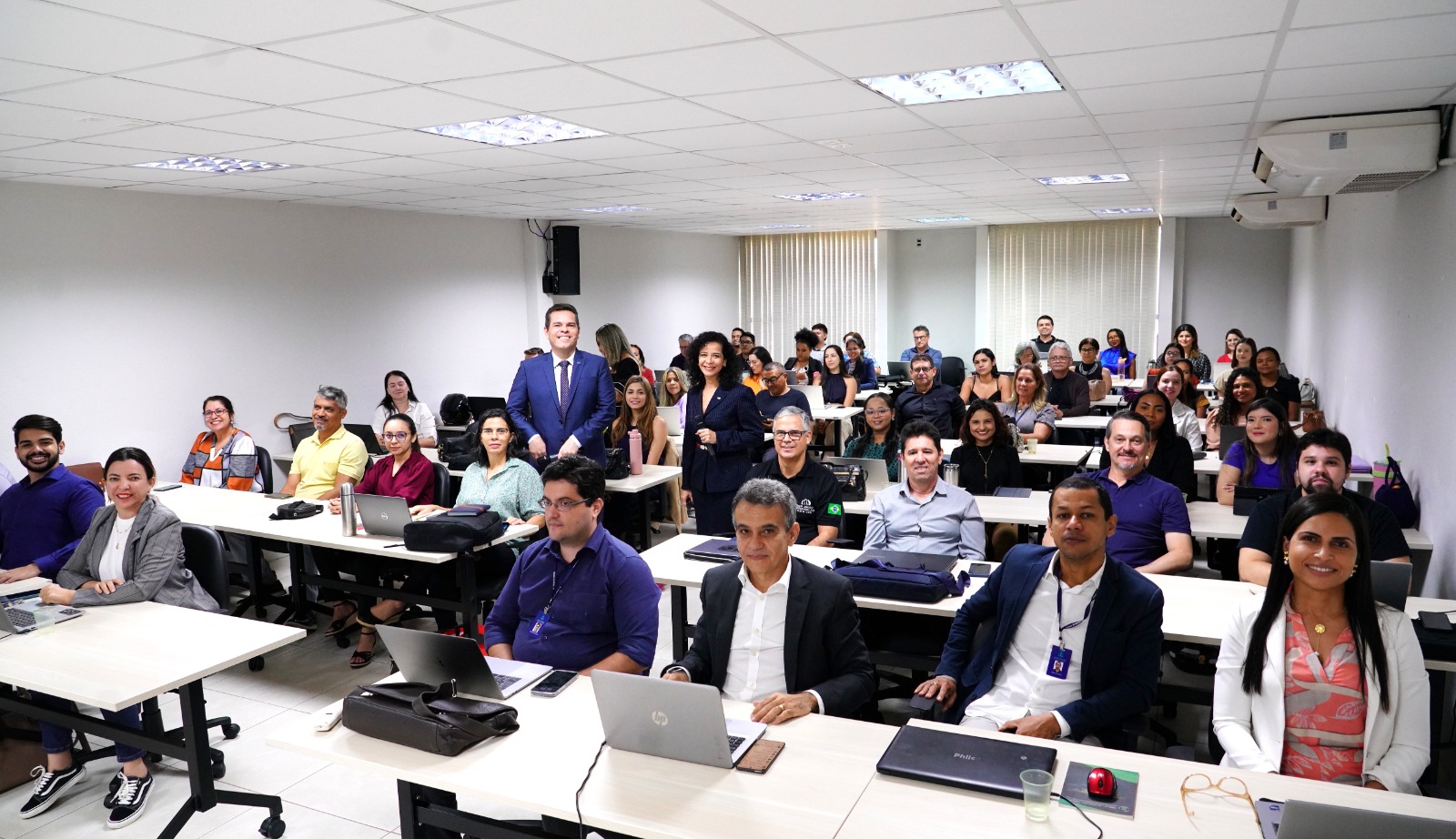
Artificial Intelligence has become an increasingly relevant and impactful technology in various sectors of society. In the context of the Judiciary, the application of this technology can represent an opportunity to improve efficiency, innovate judicial processes and, consequently, improve the delivery of justice. Given this scenario, the Superior School of the Judges of the State of Tocantins (Esmat) held two courses on this subject during the first semester of 2024.
Training for servers of the general internal affairs of justice
On June 3rd and 4th civil servers from the General Internal Affairs of Justice took part in the course on "The New Judicial Frontier: Understanding Generative AI and ChatGPT - Class IV". Taught by Professors Ana Carla Bliacheriene and Luciano Vieira de Araújo, the training covered the fundamental concepts, practical applications, limitations and ethical considerations related to the use of Generative Artificial Intelligence (GAI), with a special focus on ChatGPT.
Now in its fourth year, the course aimed to introduce the participants to the limitations of GAI, including its potential for bias, mistakes and lack of ethical discernment. Tabita Rafaela Alves Leite commented that "participating in the course on Generative Artificial Intelligence and ChatGPT was very enlightening. I was able to better understand how these technologies work and their practical applications. The exchange of experiences with the experts and other participants was especially valuable".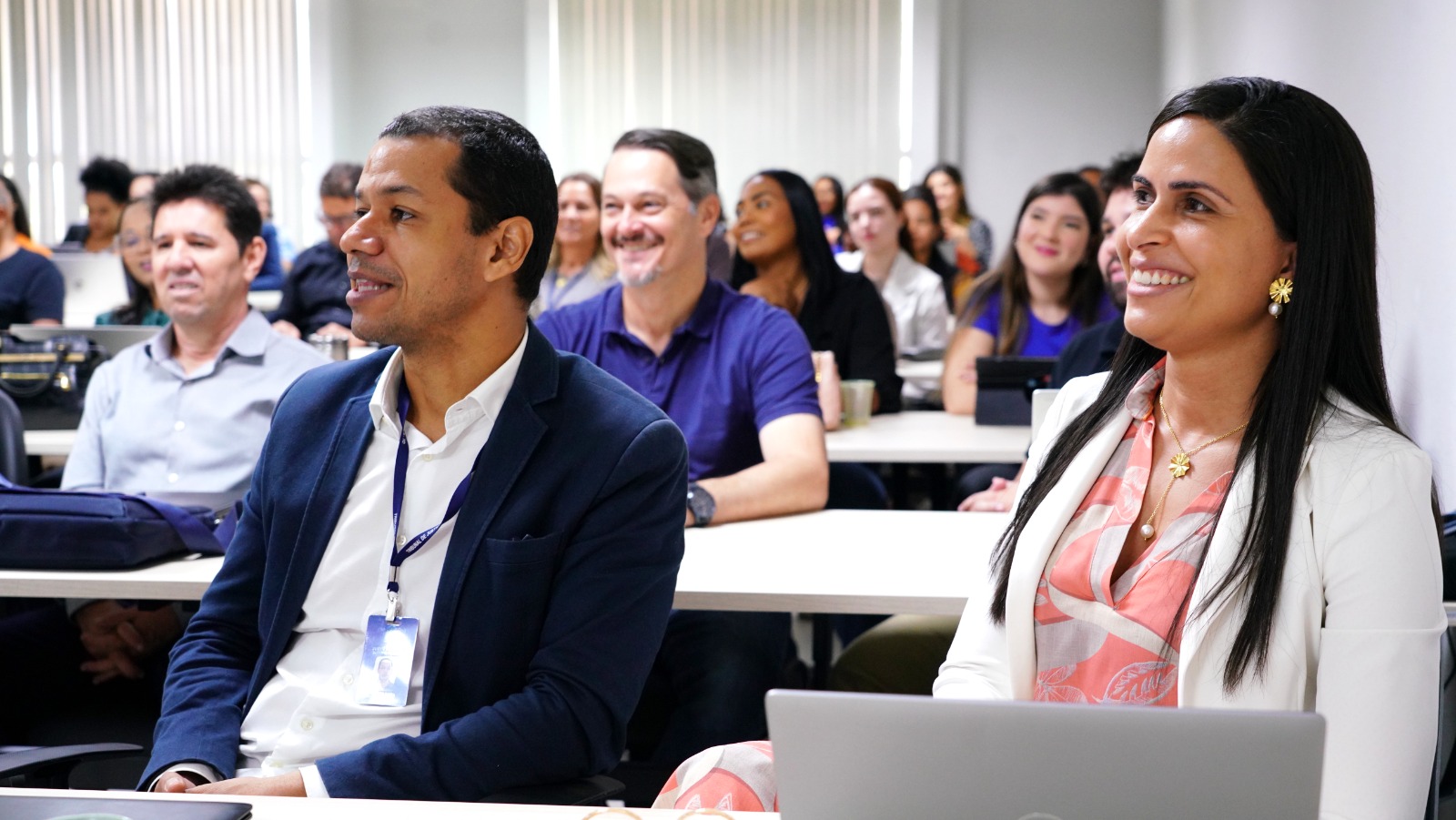
Civil server Alecsandre Alves Oliveira stressed the importance of using artificial intelligence consciously. "I believe that the human being is the most perfect machine we have. However, we can harmonize the use of technology without being codependent," he said.
Course on generative AI in the admissibility of appeals
On April 8th and 9th, the civil servers and legal advisors of the Presidency of the Court of Justice of the State of Tocantins (TJTO) took part in the course on "The New Judicial Frontier: Use of Generative AI in the Admissibility of Constitutional Appeals". This course, also taught by Professors Ana Carla and Luciano, focused on activities in the area of admissibility of constitutional appeals.
In a statement, the legal advisor presidency, José Antônio Lopes Farinha, praised the training. "It was an extremely valuable experience, notable for the combination of theoretical content and innovative practical applications. The course covered in a clear and detailed way how artificial intelligence can in future be used to optimize the process of admissibility of constitutional appeals, reducing the time taken to analyze appeals and contributing to a reduction in the congestion rate of cases in our sector," he said.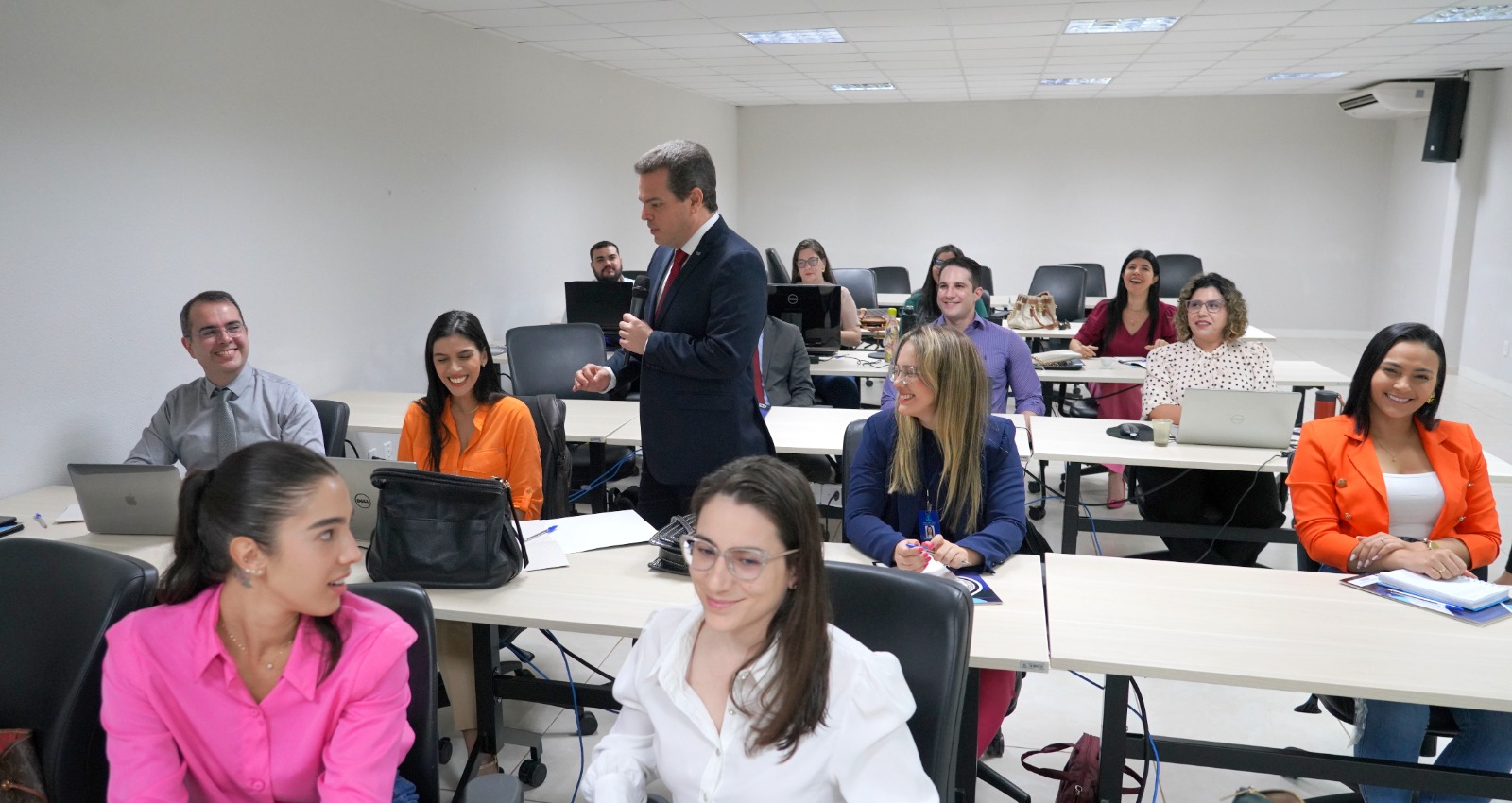
For José Antônio, the interactivity of the course was a highlight. "Professors Luciano Araújo and Ana Carla, experts in the field, not only shared their theoretical knowledge, but also demonstrated in practice how Generative AI can be integrated into judicial proceedings. The interactivity of the course was a highlight, allowing participants to get a sense of how the tools presented could be used and their possible implications in our daily lives," he added.
"I believe that this course represents an important mark in the modernization of the Judiciary of the State of Tocantins, preparing us to face future challenges with efficiency and innovation, and also to be able to contribute to a more agile and accessible justice system for all," added the advisor.
Decision of the CNJ on the use of AI
On June 25th, the National Council of Justice (CNJ) decided to allow the use of artificial intelligence tools, such as ChatGPT, in the preparation of procedural acts by Brazilian Judges. The decision was taken unanimously, emphasizing that although the automation provided by these technologies is beneficial to the justice system, human supervision remains fundamental at all stages of the judicial process.
In addition to Esmat, the Permanent College of Directors of State Schools of the magistracy (Copedem) has been promoting discussions and encouraging dialogue on the use of artificial intelligence in the judiciary since 2017.

With the emergence of Generative AI, Justice Marco Villas Boas, General Director of Esmat and President of Copedem, saw the possibility of opening up new horizons for solving problems in the judicial routine. For this reason, he signed a partnership with the University of the State of São Paulo (USP) to offer courses on GenIA to magistrates and civil servers, preparing the Judiciary of the State of Tocantins for this new era.
Over the course of 2023, Professors Ana Carla Blechieriene and Luciano Araujo taught courses and coordinated workshops in an effort to ensure that Generative AI is used ethically and safely in the Judiciary. Check out some of the news:
Esmat starts another course on Generative Artificial Intelligence
Seminar starts by discussing the positive social impact of artificial intelligence
Hórus project
As a result of this work, the Hórus Project was launched, which is still under development, with the aim of automating the procedural analysis of less complex cases and repetitive actions, among others, with the aim of reducing the time and cost of this analysis, as well as increasing the accuracy and uniformity of decisions.
This initiative developed by USP, in partnership with the Taqui-aí Startup, uses IAG to process large volumes of information and read text, PDF and audio documents, generating reports and precise draft decisions with bias control.
The Horus Project was presented in April this year to Google Latin American leader Milton Burgese and the technical staff of Google Brazil, in the city of São Paulo, as a benchmark for the judicious use of AI in optimizing administrative and judicial procedures. It will soon also be presented at Google NY, given the institutional and corporate interest and the international relevance of the topic.
The recent decision of the CNJ reinforces the seriousness and relevance of the studies and debates promoted by Copedem on the integration of artificial intelligence into the daily life of the judiciary. The decision also highlights the importance of initiatives, such as the Horus Project, at Esmat and in the Judiciary of the State of Tocantins, contributing to significant progress in the modernization of the Brazilian justice system.




1_thumbnail_thumbnail.jpeg)
1_thumbnail_thumbnail.jpeg)
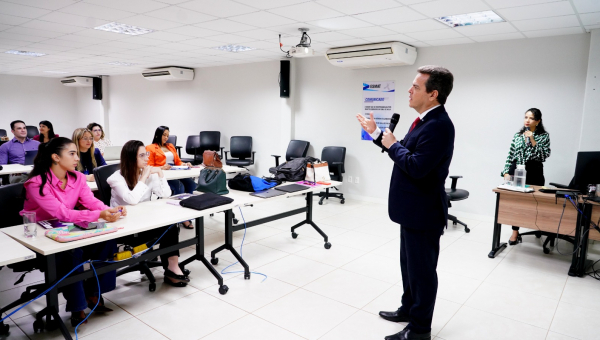
_thumbnail_thumbnail.jpeg)
1_thumbnail_thumbnail.jpeg)
1_thumbnail_thumbnail.jpeg)
1_thumbnail_thumbnail.jpeg)
1_thumbnail_thumbnail.jpeg)
1_thumbnail.jpeg)
1_thumbnail.jpeg)
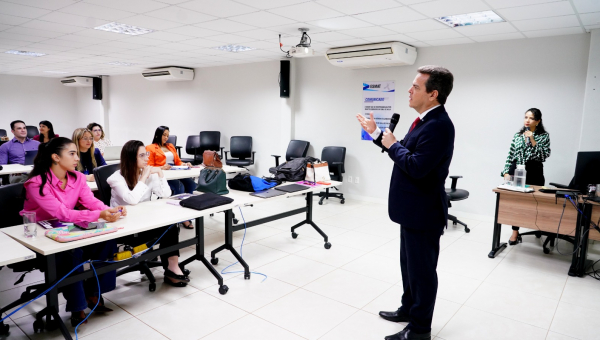
_thumbnail.jpeg)
1_thumbnail.jpeg)
1_thumbnail.jpeg)
1_thumbnail.jpeg)
1_thumbnail.jpeg)
